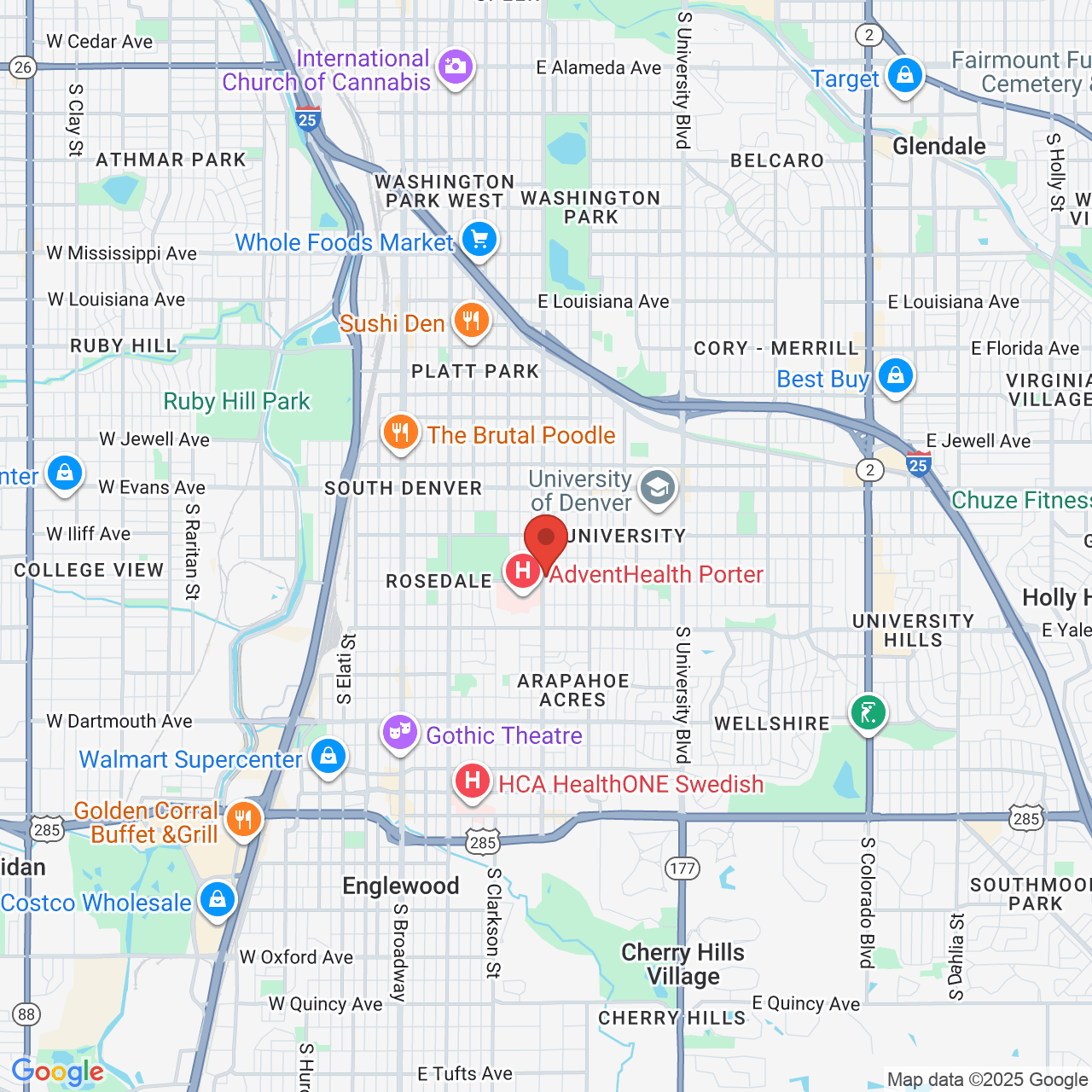
IOLs
What Is an Intraocular Lens? Take a Look at the IOL Process
An intraocular lens (IOL) is a small, biocompatible artificial lens implant. They take the place of clouded lenses affected by cataracts. IOLs are made of flexible and durable silicone or acrylic materials and can be folded for smooth insertion into the eye's capsular bag, which previously housed the cloudy lens removed during cataract surgery.
We Offer Several Types of IOLs To Our Denver Patients
After cataract surgery, the eye is left without a natural lens, making the assistance of an intraocular lens implant a necessity to restore vision. Your implant options are comprehensive when you visit our ophthalmologist office in Denver, CO:
Monofocal IOLs
We offer TECNIS Eyhance™ monofocal IOLs. Monofocal lenses have a fixed focus set at near, far, or mid-range distances. Many patients with presbyopia opt for monofocal lens implants tailored for sharp distance vision and rely on corrective eyewear for close-up tasks. However, our recommendation will depend on the vision needs most significant in your daily activities. Insurance typically covers monofocal IOLs.
Monofocal Toric IOLs
Individuals with a condition called astigmatism experience distorted vision due to an irregularly shaped cornea, which causes light to focus unevenly on the retina. A monofocal toric IOL addresses this issue by incorporating different focusing powers across the lens. A monofocal toric IOL can eliminate astigmatism and allow you to see without the aid of glasses for either near or far vision.
Multifocal IOLs
Featuring an aspheric design, multifocal IOLs help patients see clearly both near and far using advanced diffractive and refractive optics to create multiple focal points. Multifocal lenses offer patients increased freedom from corrective eyewear. However, they aren't often fully covered by insurance.
Trifocal IOLs
We offer Clareon® PanOptix® trifocal IOLs at our Denver office. Trifocal IOLs provide clear vision at three distances: near, intermediate, and far, greatly reducing the need for glasses.
Accommodative IOLs
Accommodative IOLs like the Crystalens® enhance vision at different distances. What sets them apart from other IOLs is their flexibility and ability to work with the natural lens's movement to shift the area of focus. Accommodative lenses are specially designed to offer much better close-up vision without glasses compared to monofocal IOLs.
Light Adjustable Lenses
The Light Adjustable Lens™ is a special type of implant. What's unique about light adjustable lenses is that they can be adjusted after your surgery, once the eye has healed and settled. This means the doctor can fine-tune the lens to make sure you see well without glasses. Right now, they can be adjusted to correct nearsightedness and astigmatism.
Will Insurance Cover IOL Cost?
Our Insurance and Financing Options
Our team will work closely with you to maximize insurance coverage. Monofocal IOLs are regularly covered in full by insurance. However, many of our patients prefer more advanced options, such as multifocal lenses, which are likelier to mean out-of-pocket costs. Our practice accepts financing through CareCredit® to ensure that our patients have access to the quality eye care they deserve with a payment plan that works for their budget.
"All the team was so very kind." Thanks to Our Denver Patients for the Kind Reviews
Alex helped me w insurance issue and did GREAT pre doctor visit preparations. She is super happy, great attitude and you can tell she LOVES her job. Thank you!!!!!
View on GoogleI have been a patient of Dr. Burcham’s for fifteen years. Dr. Burcham was out of town and I was happy to meet another Dr. I met Dr. Coco, was very thorough, and answered all of my questions. I want to say, all the team was so very kind and personable. Thank you
View on Google

